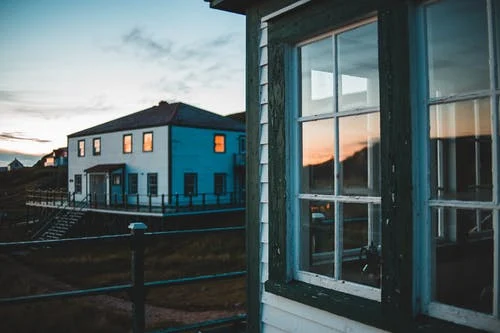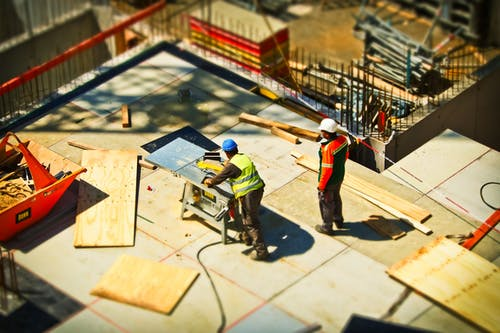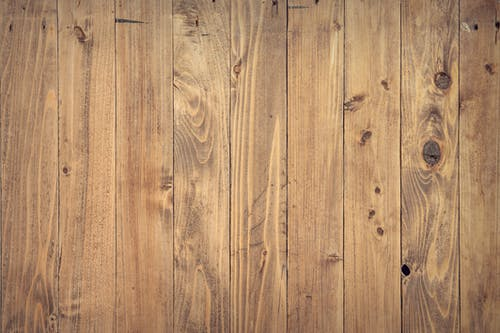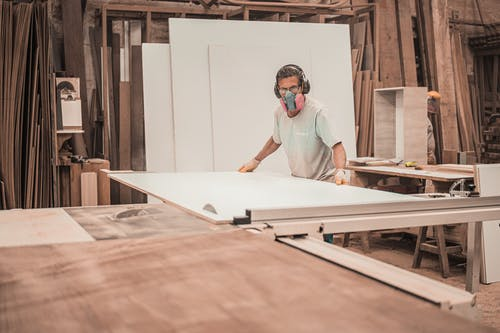What is a Modular Home?

A modular home is constructed inside a factory where sections of the home are made separately off-site and later transported on a permanent foundation to it's new land location. Typically, these homes are produced by a modular home company that provides all materials for the modular home section to be built in a weather-free facility. Once the sections are complete, they are transported, assembled, and installed on its foundation. The end product looks like any other house on the block.
Often modular homes are falsely categorized as 'manufactured homes.' However, these are not the same. The critical distinction between these home styles is that manufactured homes are not installed onto permanent foundations, nor do they follow the same building and safety standards. Modular homes follow stringent rules, building codes, and guidelines, making them safer than some traditional on-site built homes.
Related: Manufactured vs. Modular Building Codes
Important Things You Need to Know About Modular Homes
Below is a starting list to further build your knowledge of a modular home and learn more about what to ask when purchasing or building a modular home.
1. Cheaper than Built-In Homes

When considering being a homeowner, you may wonder, 'is it cheaper to build a house or buy a modular home?' The answer to this question is, overall, yes.
Here are a few reasons why:
- No general contractor fees since all inspections occur in the factory
- Reduced labor costs due to no exposure to unpredictable weather conditions
- Modular homes are pre-designed meaning there is no architect fees
Even though there are many reasons why modular are cheaper than built-in homes, there are a few considerations to keep in mind that may raise the initial price. For example, the crane fee's cost when connecting your modular pieces, the transportation fee from delivering your modular home sections to your designated landing site, and the prices per square foot relating to electrical, water costs.
Therefore, it is always essential for you to do your research and be in constant communication with your modular home builder to avoid unexpected cost surprises.
Related: Crane Setting a Home
2. Energy Efficient
Many of these homes are considerate in minimizing construction hazards on the building site, efficiently using materials and fuels, and providing high-efficiency plumbing and toilets, including formaldehyde-free insulation. Modular home builders ensure that each home has efficient heating and cooling systems. Also, whatever remaining materials that are left behind are typically recycled too. Let's not forget since modular homes save up on energy overall. In the long-term, you will also save on monthly expenses.
3. Customizable

Selecting your next home may be overwhelming since there are many different factors to consider from architectural design, models of appliances, types of flooring materials, exterior finishes, roof pitch, etc. An advantage of selecting a modular home is that it is pre-designed and ready for you! Many companies have different floor plans to start from where you can customize it at any level; this includes construction for accessible living and providing future adjustments when necessary.
Curious about learning more about different modular home styles? Check out the different plans provided by Home Nation!
4. Built on a foundation
Once a modular home has all sections, or 'modules' pre-built in the factory, it is ready to go on a permanent foundation. Having a foundation is an essential feature since it visually appears to be like a built-in home after fully assembled. Unlike manufactured homes built on a steel frame under a house, modular homes are sturdy, and nonmobile after being constructed.
Related: 5 Reasons to Choose a Modular Home
5. Gain Value Over Time

Often when researching modular homes, many people get confused that they are manufactured homes (or more commonly known as 'mobile homes' or 'trailer homes'). However, they differ in many ways, which affects the value of the home over time. Manufactured homes are equivalent to owning a vehicle in most states in the U.S. They depreciate if you want to resell, where modular homes do not. Reasons why modular homes do not depreciate over time, are due to using traditional construction materials and being built according to the IRC and your local state standards, causing less wear and tear than a manufactured home. Modular homes earn value over time, just like built-in homes!
Use Traditional Construction Materials

Modular homes use traditional construction materials such as drywall, high-end insulation, sheetrock, steel plates to protect electrical wiring, and many others. The use of these materials makes modular homes similar to on-site built homes. As a reminder, it is always important to continually communicate with your modular home provider to stay informed on materials used in your home.
Related: Factory Direct vs. Stick Built
7. Built to Local Climate and Safety Standards
Modular homes are built to the International Code Council and State housing standards, ensuring that your new home follows your local climate and safety standards. For instance, if you live in California, the house would be constructed to withstand earthquakes similar to an on-site built home.
8. Faster Results
Since all modular homes are made in a factory in an environmentally controlled area, you could be living in a new home in weeks instead of years compared to on-site built homes.
9. Owning Land

Modular homes allow you to select any location where you would like to place your new home wherever you desire! However, it isn't always that easy since you would have to pay a more considerable sum of money, depending on the location. Luckily, there is an option to finance your piece of land by obtaining a special construction loan. Usually, this loan is valid for one year and offered by your local bank.
Are you worried that you may need to take out a special construction loan, but don’t know where to start? Contact Home Nation to help you get started in making the right financial decision!
10. Warranty
After purchasing a modular home with a trusted company, a perk is to have separate warranty options that will cover everything from carpets, roofs, appliances, windows, and many more! Be sure to contact your modular home provider to work through the details to ensure what items are covered!
Related: Typical Road Damage





